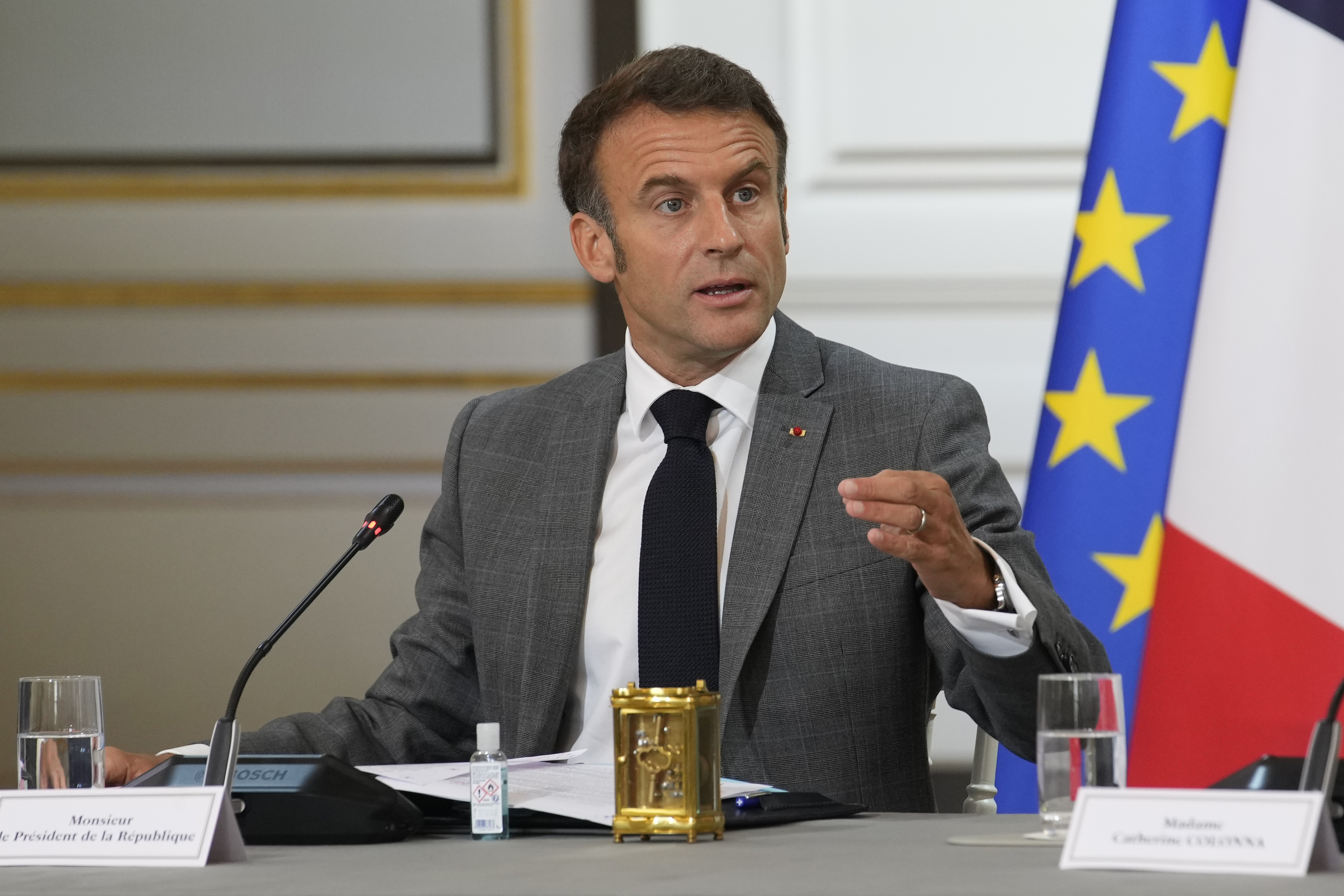"We do not want a scenario like Greece," warned the Prime Minister of France, François Bayrou, when announcing his country's "shock treatment" for the economy. The politician raised the specter of the sovereign debt crisis and reminded his compatriots how the Greek government was forced to cut pensions by 30% and reduce civil servants' salaries by 15%.
"Every second, France's debt increases by 5,000 euros," Bayrou warned in his speech marked with the label "The Moment of Truth." Public debt reached 3.3 trillion euros at the end of last year, equivalent to 114% of France's GDP, 33 points above the EU average.
"Comparing present-day France with Greece in 2010 is undoubtedly excessive," replied Christian de Boisseau, vice president of the Circle of Economists, who described the announcement of a "blank year" (with pension freezes) as "a somewhat brutal way to reduce public spending."
Most economic analysts agree on the need for budget adjustments in France, with the deficit soaring to 5.4% of GDP, deemed "excessive" by the EU along with six other EU countries, notably above the 3% reference value set by the Stability and Growth Pact (in Spain, the public deficit stood at 3.2% of GDP last year).
Despite the warnings issued by Bayrou and Economy Minister Eric Lombard, who declared a "budgetary state of emergency" in April, the situation of public finances cannot be compared (Greece's deficit reached 15% on the eve of the financial bailout). Lombard himself, a former BNP Paribas banker and close to Emmanuel Macron, hinted that his goal was to keep the deficit below 5%.
With his array of proposals, including the elimination of two public holidays, "moderation" of social spending, and budget cuts in all ministries except Defense, François Bayrou aims to "save" 43.8 billion euros and reduce the deficit to 4.6%.
"We are the country with the highest public spending," proclaimed Bayrou, overlooking the fact that Finland holds the top spot in the world ranking (57.7% of GDP), followed by France in second place (57.1%), well above the EU average (49.2%).
Self-criticisms - "we are addicted to the State," "we are the most pessimistic country" - fell on deaf ears not only among the political class from both the right and left but also among most French citizens, who viewed his announcements as "a catastrophe," and among the unions, who have already announced mobilizations after the summer.
The most criticized proposal by far has been the elimination of two public holidays - Easter Monday and Victory Day - arguing that May seems "like a Swiss cheese with bridges and viaducts" and urging his compatriots to roll up their sleeves: "We have to work more" (the private sector employer, French Association of Private Companies, prematurely welcomed the measure).
It is estimated that removing the two holidays would stimulate productivity and "save" 4.2 billion euros. With 11 public holidays a year, the French are currently at a comparative disadvantage with Spaniards, Italians, and even Germans (Spain has 14 public holidays a year).
While other ministers tried to soften the message, suggesting that even public holidays are "negotiable," Interior Minister Bruno Retailleau joined the alarmist voices to justify the radical measures: "There is no doubt that France is threatened. When we have over three trillion euros of debt, it means we are losing independence and the country is becoming poorer. And if we continue like this, there will be a financial crisis tomorrow; the danger is real."
"Will all these measures allow the government to maintain its growth objectives?" wondered Mathieu Plane, an analyst at the French Observatory of Economic Situations (OFCE), in the pages of Le Monde, noting how the GDP growth forecast for this year has been lowered to 0.6% and how Trump's tariff war could further limit prospects.
Meanwhile, the left-wing bloc in the National Assembly recalled the urgency of a measure - notably absent from Bayrou's list - that could generate the equivalent of 20 billion euros per year, nearly half of the announced public spending "savings." This is the so-called "Zucman tax": a 2% annual tax on the super-rich's wealth, proposed by economist Gabriel Zucman and first debated last month in the Senate.
